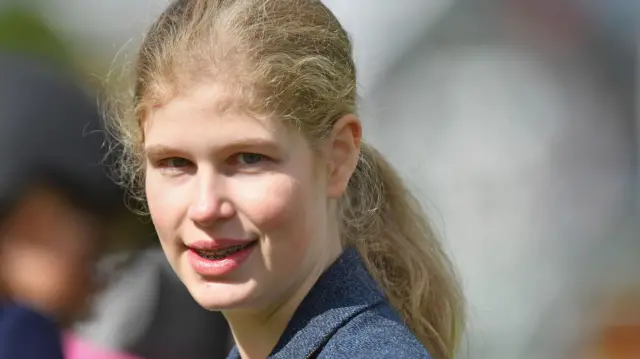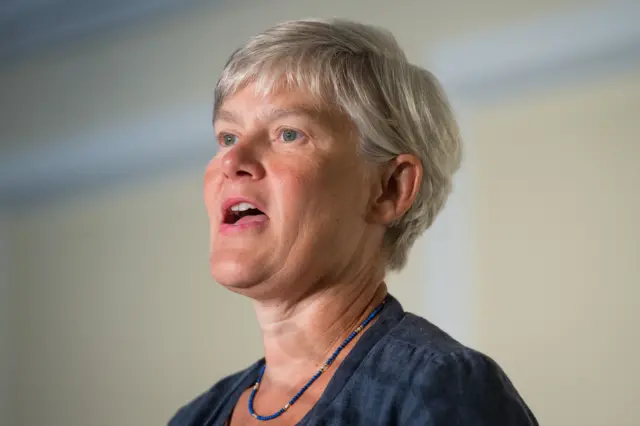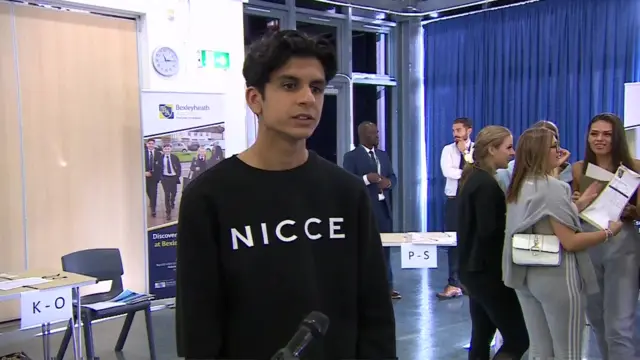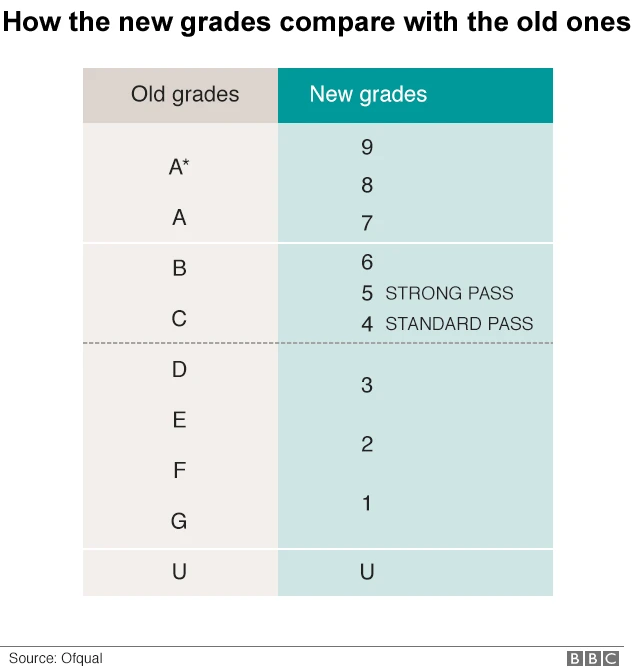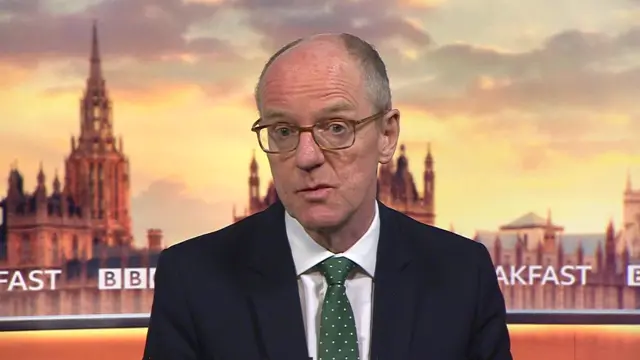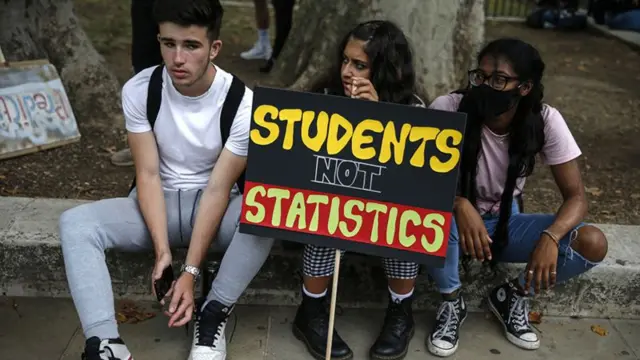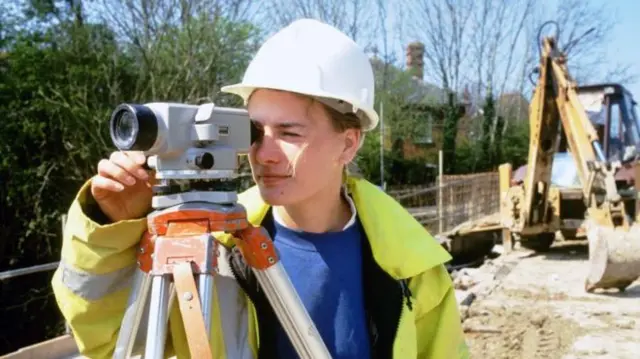'Certainly was foreseen' that private school pupils could benefit from algorithmpublished at 09:23 BST 20 August 2020
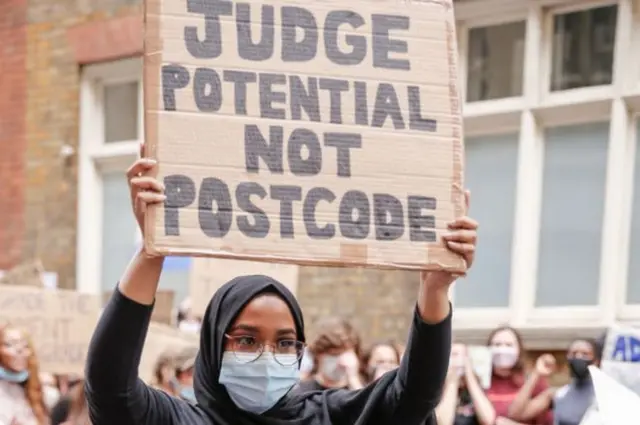 Image source, Getty Images
Image source, Getty ImagesThe algorithm used data about schools' results in previous years to determine grades
A large part of the row over exam results this year has been about the use of a flawed algorithm to moderate pupils' grades. (You can read about the algorithm here).
More than one in three pupils had their results downgraded, and the downgrading affected state schools much more than the private sector.
Schools minister Nick Gibb defended the plan to moderate the grades, saying: "The model was a good model."
But he told the Today programme that the problem came in "the way the model was applied".
"The model is a description of the methods that we want to make this fair. The regulator then has to turn that into a mathematical model that the exam boards apply to the grades. And something went wrong at that stage."
He said the model did not intend to punish pupils from disadvantaged backgrounds.
But he said it "certainly was foreseen" that private school pupils could benefit from the use of the algorithm. That's because schools with smaller classes - usually seen more at private schools - were able to rely on teacher assessed grades more than those where there are larger classes.
"That certainly was foreseen because we knew that small cohorts had to rely more on the teacher-assessed grade than on the standardisation process, but that applied to the state sector as much as to the independent sector."
